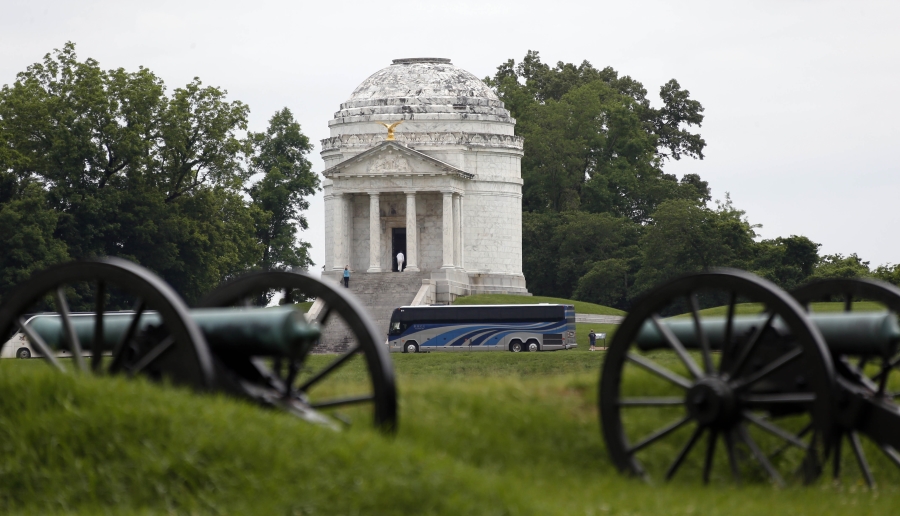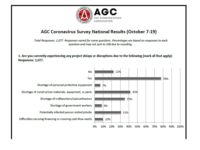The St. Louis-based Mississippi River Cities and Towns Initiative said budgets of local governments along the river have been stretched to the limit fighting the COVID-19 pandemic while revenues for 10 cities along the Mississippi River have fallen 10 % to 30% this year.
"Obviously FEMA will replace some of the costs that we've had to deal with in preventing the spread of the novel coronavirus, but the lack of revenue to cities in the forms of sales tax, or hotel motel tax road, use tax, all of those types of things that cities rely upon to balance their budget are simply gone as a result of some of the restrictions placed by our federal government," said Bob Gallagher, mayor of Bettendorf, Iowa, and the MRCTI's co-chairman.
If expenses continue to outpace revenue, mayors of the 97 cities along the river will have to make tough decisions, including whether to keep first responders, he says. A large percentage of Bettendorf's budget is paid by property taxes, which haven't changed, Gallagher says. Bettendorf's revenues are down 8% to 10% right now, a loss of about $2 million.
George Flaggs, the mayor of Vicksburg, Miss., said the loss of sales tax and tourism revenue is affecting his city's budget much more than that.
"I have a budget of $30 million, which is nothing compared to a lot of other cities, but we're about to lose about $3.2 million in tourism revenue for this quarter because of the decline in hotel space and the lack of visitors," Flaggs said. "We have a national military park here (a historic Civil War battlefield), and it normally averages a half-million visitors a year, [but] is down to less than 100,000 people this year because of the virus. Sixteen percent of our budget comes from casino revenue."
Gallagher said the mayors don't think they will be made whole by the federal government, but that they need something to soften the blow, stop layoffs, and, make sure that city services, including critical infrastructure projects, continue uninterrupted.





Post a comment to this article
Report Abusive Comment